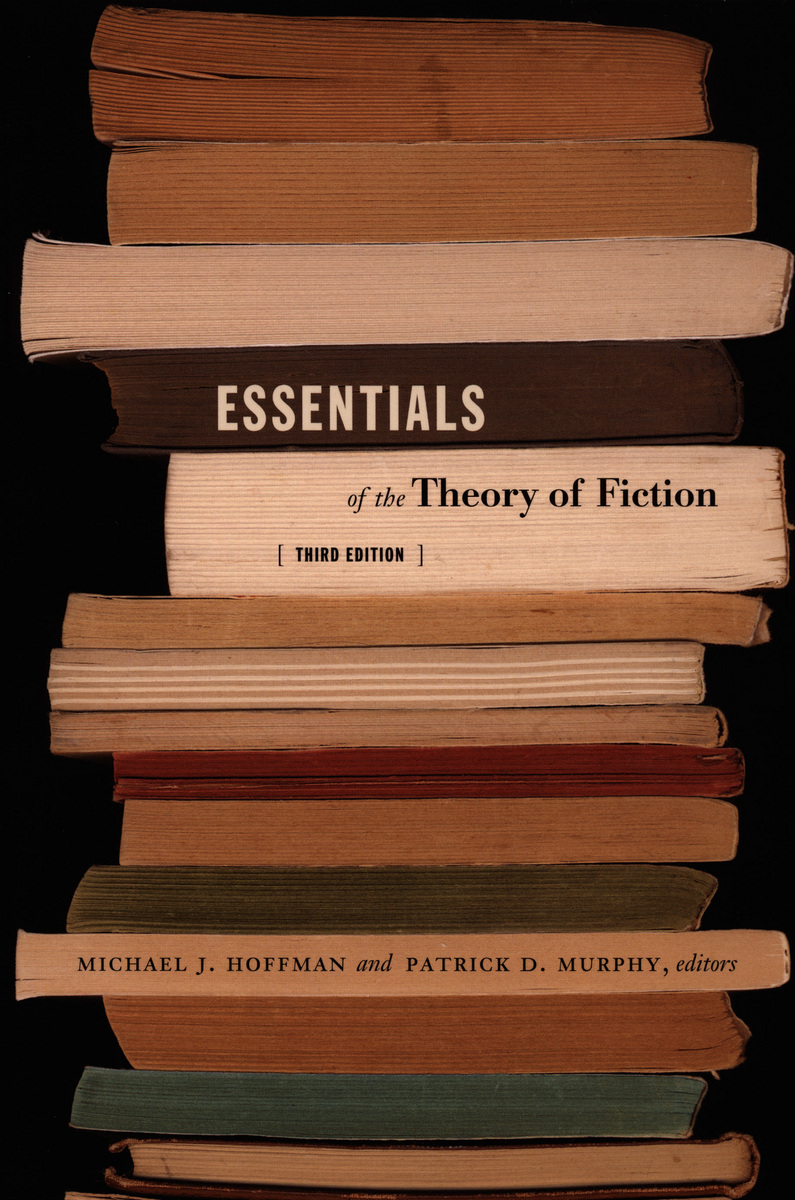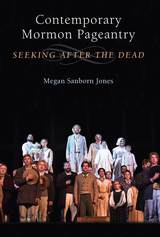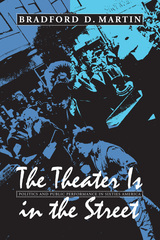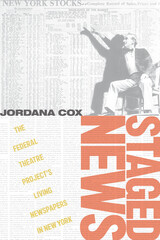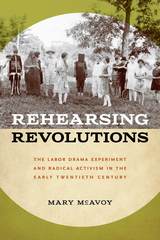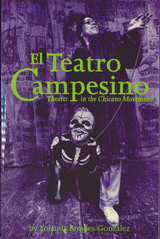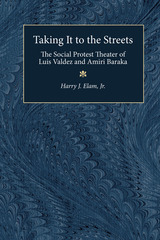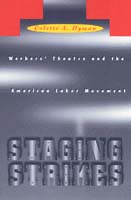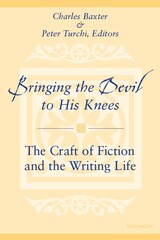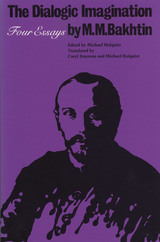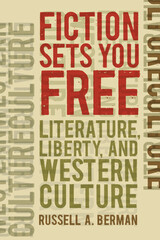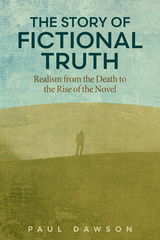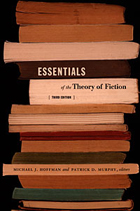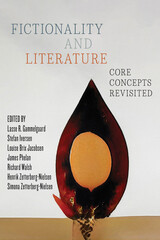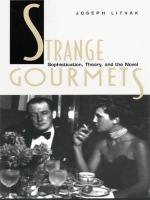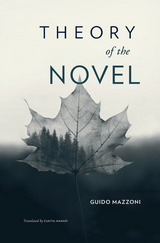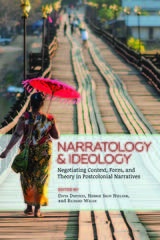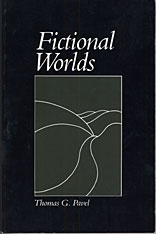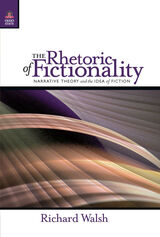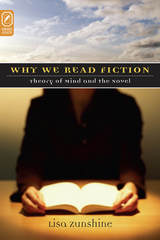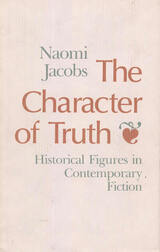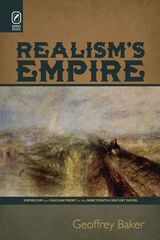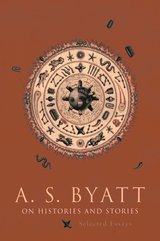Essentials of the Theory of Fiction
Duke University Press, 2005
Cloth: 978-0-8223-3509-2 | eISBN: 978-0-8223-8659-9 | Paper: 978-0-8223-3521-4
Library of Congress Classification PN3331.E87 2005
Dewey Decimal Classification 809.3
Cloth: 978-0-8223-3509-2 | eISBN: 978-0-8223-8659-9 | Paper: 978-0-8223-3521-4
Library of Congress Classification PN3331.E87 2005
Dewey Decimal Classification 809.3
ABOUT THIS BOOK | AUTHOR BIOGRAPHY | TOC | REQUEST ACCESSIBLE FILE
ABOUT THIS BOOK
What accounts for the power of stories to both entertain and illuminate? This question has long compelled the attention of storytellers and students of literature alike, and over the past several decades it has opened up broader dialogues about the nature of culture and interpretation. This third edition of the bestselling Essentials of the Theory of Fiction provides a comprehensive view of the theory of fiction from the nineteenth century through modernism and postmodernism to the present. It offers a sample of major theories of fictional technique while emphasizing recent developments in literary criticism. The essays cover a variety of topics, including voice, point of view, narration, sequencing, gender, and race. Ten new selections address issues such as oral memory in African American fiction, temporality, queer theory, magical realism, interactive narratives, and the effect of virtual technologies on literature. For students and generalists alike, Essentials of the Theory of Fiction is an invaluable resource for understanding how fiction works.
Contributors. M. M. Bakhtin, John Barth, Roland Barthes, Wayne Booth, John Brenkman, Peter Brooks, Catherine Burgass, Seymour Chatman, J. Yellowlees Douglas, Rachel Blau DuPlessis, Wendy B. Faris, Barbara Foley, E. M. Forster, Joseph Frank, Joanne S. Frye, William H. Gass, Henry Louis Gates Jr., Gérard Genette, Ursula K. Heise, Michael J. Hoffman, Linda Hutcheon, Henry James, Susan S. Lanser, Helen Lock, Georg Lukács, Patrick D. Murphy, Ruth Ronen, Joseph Tabbi, Jon Thiem, Tzvetan Todorov, Virginia Woolf
See other books on: DuPlessis, Rachel Blau | Essentials | Hoffman, Michael J. | Murphy, Patrick D. | Tabbi, Joseph
See other titles from Duke University Press
